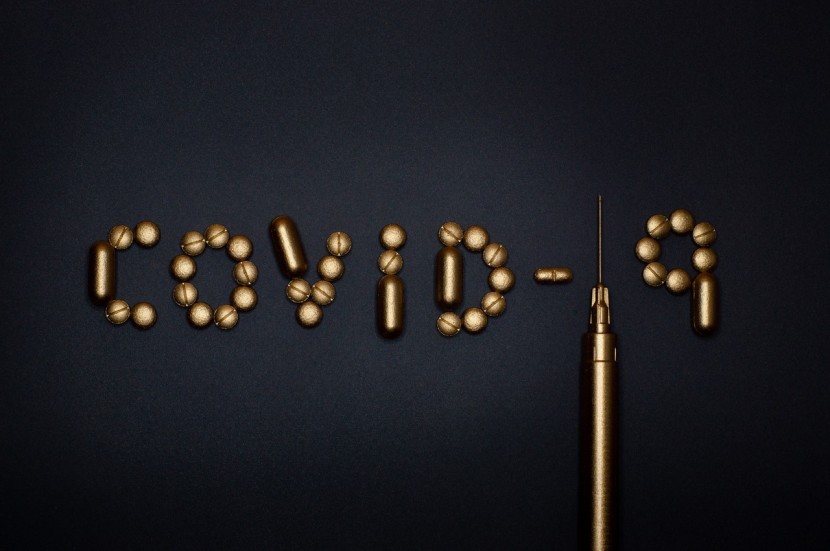
Creative minds are always on the lookout for inspiration for new projects, and the COVID-19 pandemic has proven to be the catalyst that has propelled many would-be inventors into a flurry of productivity. In the last few weeks and months, a host of new gadgets and tools have appeared on the scene, designed to overcome specific problems that have arisen as a result of the novel coronavirus. Here, we take a closer look at some of these new inventions and see how they are changing the way we adapt to the disease.
Global Upheaval And Its Role In Innovation
History has shown us that global upheaval spawns new innovations and products. World War II saw a huge creative burst, with scientists, governments and companies alike embarking on projects with consequences that have lasted to this day. In the same vein, everybody has downed tools in the current crisis on their usual projects and, instead, looking at ways to combat the virus.
Well-known organizations like Airbus and Ford are retooling their plants to manufacture vital equipment such as masks, ventilators and hand sanitizers, yet, while at one time it was only big businesses like these who could move at a rapid pace from prototype design to actual production, times have changed. With today's high-tech software, 3D printing, super-strong cutting-edge adhesives, and other modern advances, devices can now be made faster than ever, even by small start-ups and individuals.
A few weeks ago, a contest was launched for devices designed to navigate this new COVID-19 world and the entries have already come flooding in. Such diverse creations as half gloves that allow for buttons to be pushed using only the knuckles, disinfectant sprayers mounted on the wrist, and devices to open vehicle doors without any need to touch the handle have all been touted as the next big thing, and some of them will, undoubtedly, last far longer than the current crisis.
The Immutouch
Joseph Toles and Matthew Toles, a pair of entrepreneurs who co-founded Slightly Robot, a tech company in Seattle, had already developed their own wristband with the aim of reducing compulsive hair-pulling, nail-biting and skin-picking. With the arrival of the virus, they decided to adapt the existing design to create the Immutouch - a smart band that would buzz whenever the wearer is about to touch their face. Within just a week, they had produced 350 devices and are ready to tamp up production to meet demand.
The Hygienehook
Meanwhile, in London, Steve Brooks, a designer and the owner of an office furniture manufacturing company, was working out a way of pulling opening doors without having to touch them. The Hygienehook was the result - a gadget that is compact enough to fit easily into a pocket and which is made using non-porous, easy-clean materials. Already, within a week of creating the original design, four separate models have gone on sale, retailing at just less than £15 apiece, and Brooks is already focusing on a new project - designing a gadget to push doors.
Scylla's Virus-Detection System
An American-based AI organization called Scylla has switched its focus from gun detection system manufacturing to virus-detection. When China's reported its earliest cases of Coronavirus, the company set to work, re-deploying its artificial intelligence analytical software to measure the temperature of someone's forehead and sending out alerts if fever is detected. By taking images from thermal cameras, this software can easily be integrated into public buildings such as airports and hospitals as well as corporate offices. Already, a South American government (as yet unnamed) has ordered 5 thousand of the system's licenses for use in its transport system and public buildings.
© 2026 HNGN, All rights reserved. Do not reproduce without permission.








